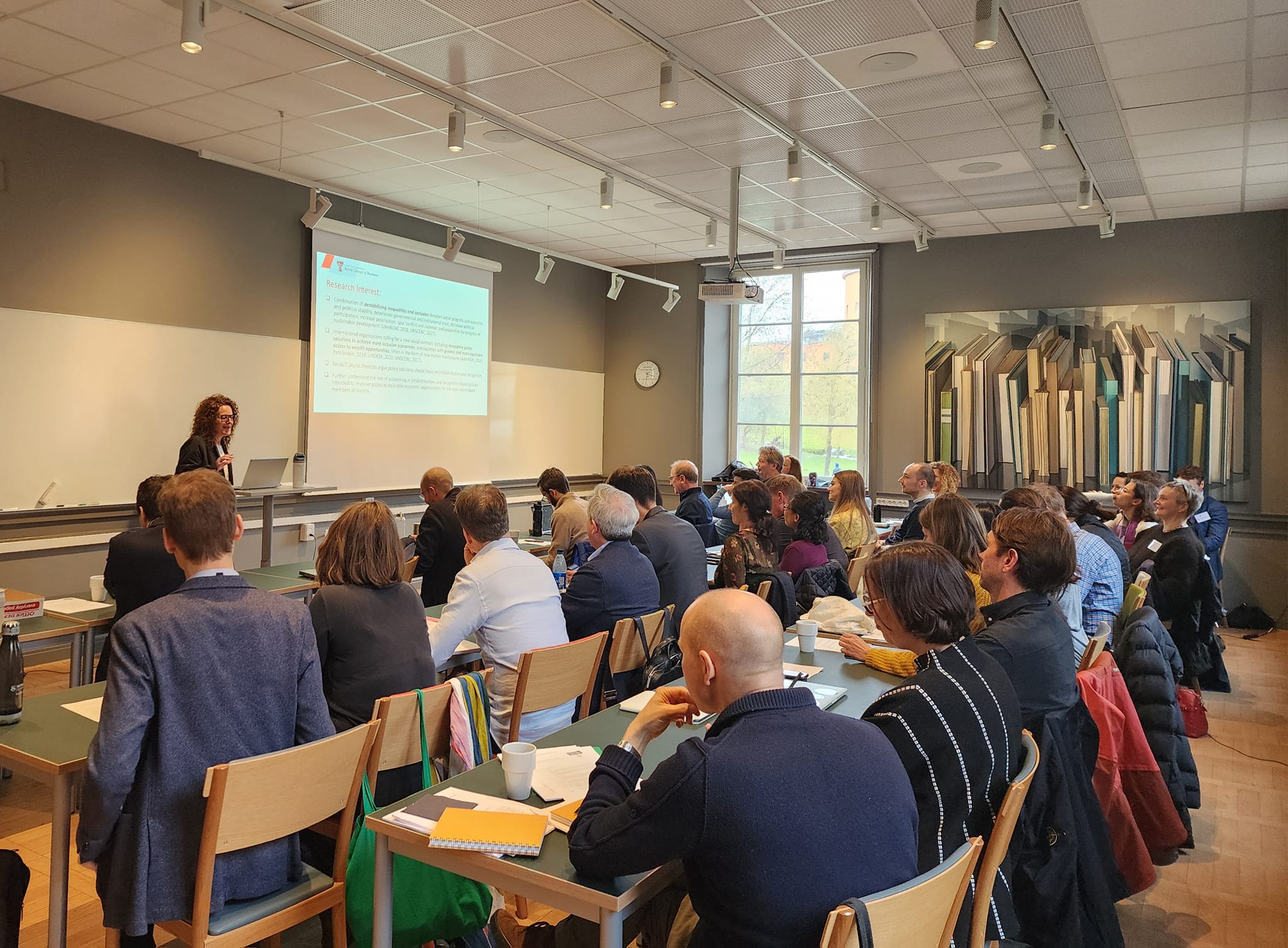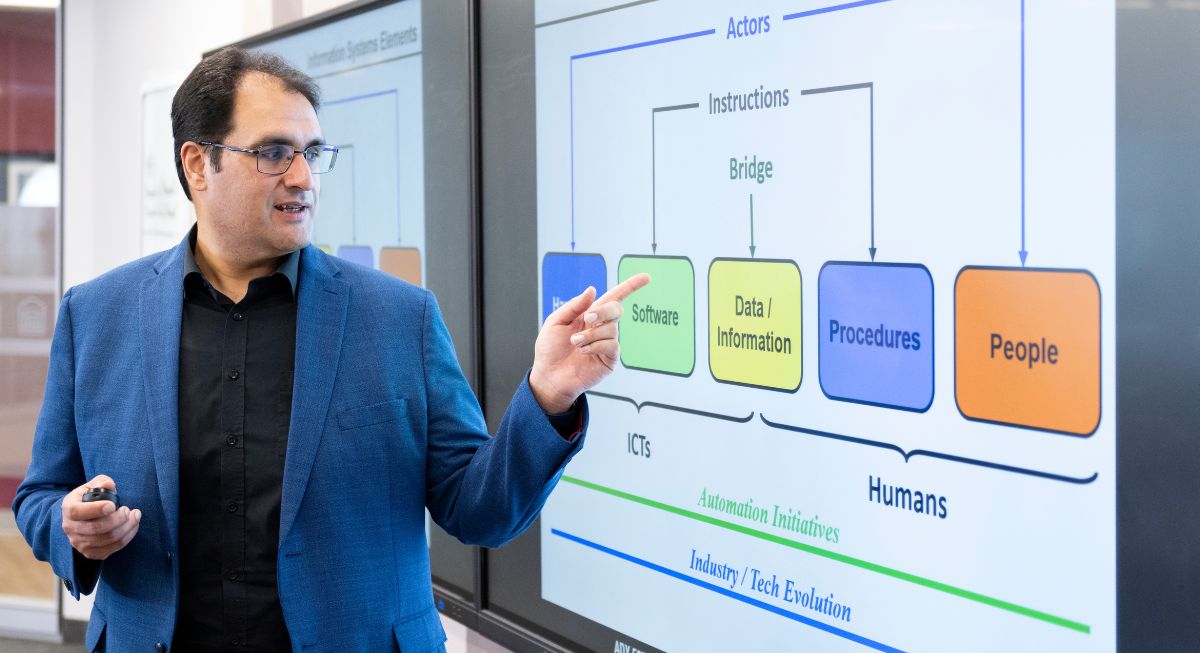This article was written by Nelson Dueñas, Assistant Professor in the Telfer School of Management at University of Ottawa. He is a member of the Accounting section, where he teaches at the undergraduate and graduate level, in the areas of strategic management accounting, cost accounting, and financial accounting/financial management.
Accounting is a discipline that encompasses financial transactions, performance measurement, and accountability; it plays a pivotal role in addressing grand challenges, meaning societal problems of significant scale and impact. A few examples of grand challenges are climate change, economic inequality, migration, and sustainable development. Accounting, Organizations and Society, one of the main journals dedicated to the study of the behavioural, organizational and social aspects of accounting, recognized the urgency to mobilize impactful research about these issues and organized a workshop to discuss grand challenges.
The workshop took place at Stockholm School of Economics on April 25 and 26 and gathered leading accounting and management scholars to discuss the ways accounting addresses pressing social concerns. As a participant of this event, here I summarize some of the main insights derived from the fruitful discussions.
Accounting as a political tool
Different manifestations of accounting, such as figures, calculations, metrics, and classifications, are present in political processes; people and governments may dramatize statistics and numbers to elicit emotions and sentiments, such as anxiety towards a federal budget or disempowerment about immigration processes. Thus, accounting contributes to a population’s use of emotional and communitarian language, and as such, may become a tool that can be used for political purposes, such as to mobilize a particular stance on immigration or social equity programmes.

Accounting as a mechanism to address crises
Accounting has an important role in responding to major crises. For instance, the COVID-19 pandemic revealed how budgets and planning systems allowed the articulation of different social actors when addressing public health crises. It also helps to demand better accountability from companies and organizations when they are facing scrutiny from the public, notably in situations of climate change and natural catastrophes. The ethical and strategic role of accounting becomes more relevant as the unpredictability of global challenges increases and their outcomes become highly uncertain.
Accounting serves different social purposes
Accounting is usually associated with governance and control processes. For instance:
when forecasting the expenses of a business to avoid unpleasant economic surprises;
by exerting significant influence over the distribution of resources and services; or
when dictating the criteria that companies should use to issue their financial reports.
But accounting also allows marginalized social groups to raise awareness of problems like economic inequality and exclusion. For example: applying administrative and accounting criteria to social welfare programmes can bring to light how a programme might privilege some groups and exclude others. This exclusion, made visible by accounting categorizations, can lead such groups to take initiative in developing alternative solutions and innovative policies to help address these issues. Given the above, accounting can be used by different social groups (e.g. companies, governments, citizens) to mobilize for different purposes.
In summary, in the face of complex global issues such as climate change, economic inequality, and sustainable development, accounting practices provide crucial insights that inform decision-making processes at both individual and organizational levels. Reflecting on this social and behavioral role of accounting gives us better tools to navigate the multifaceted challenges of our time, fostering greater accountability and transparency in the pursuit of a more equitable and sustainable society..











